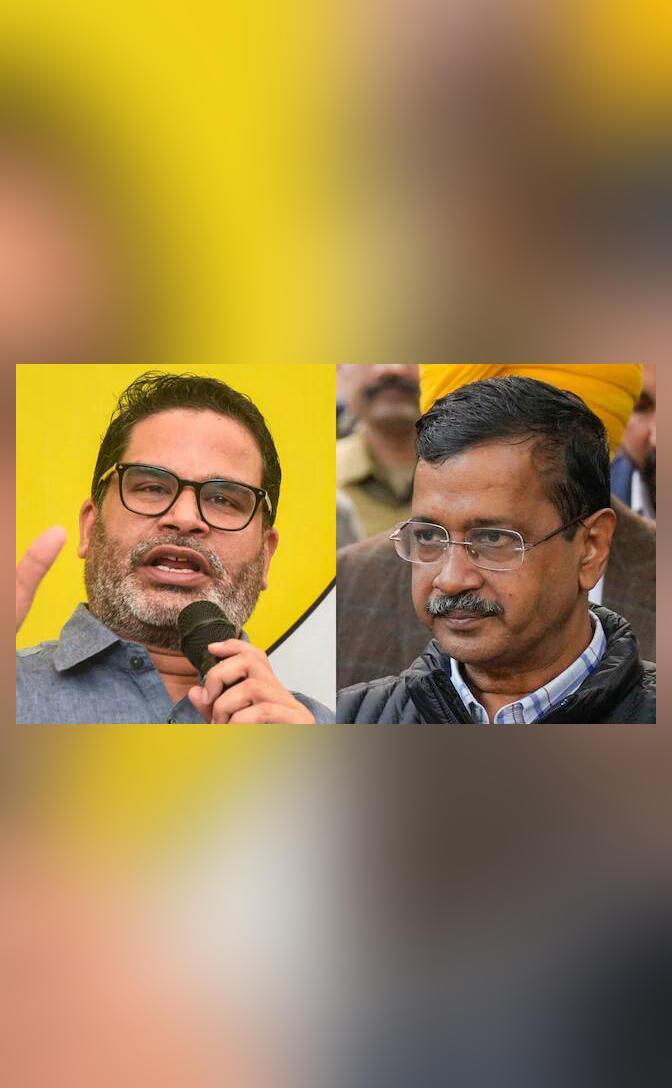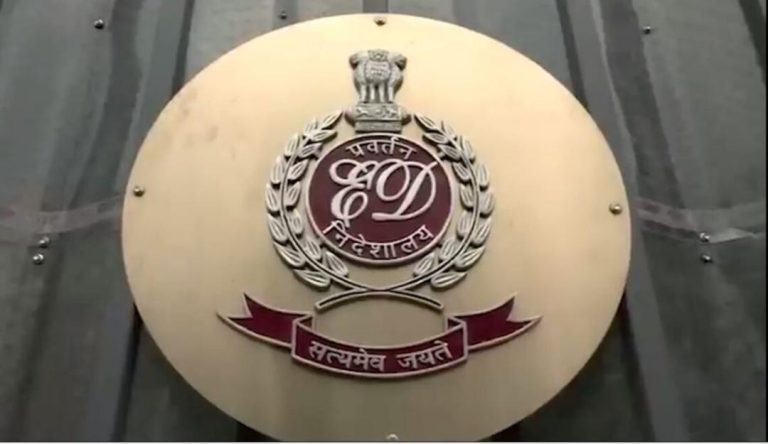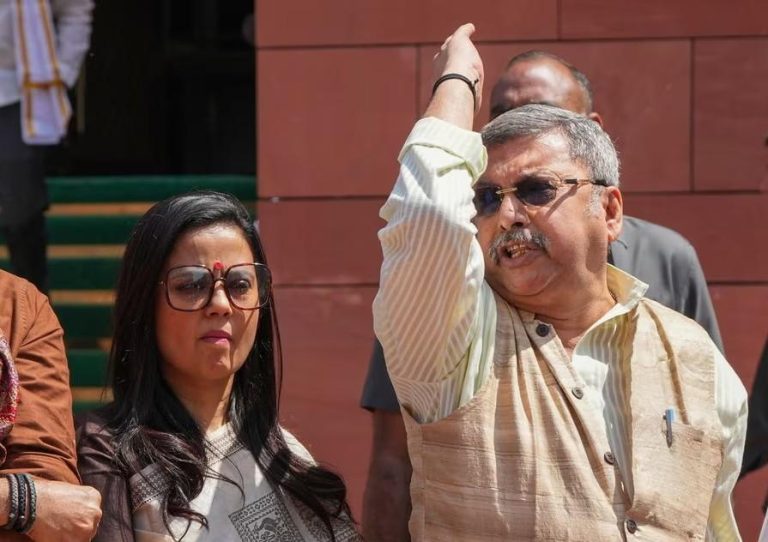
Prashant Kishor Lists Reasons Why Kejriwal & AAP Lost in Delhi Elections
The recent Delhi Assembly elections saw a major upset, with the ruling Aam Aadmi Party (AAP) failing to retain power. The party, led by Chief Minister Arvind Kejriwal, was defeated by the Bharatiya Janata Party (BJP), which won 38 seats in the 70-member assembly. The loss was a shock to many, especially considering AAP’s strong performance in the previous elections.
In the aftermath of the election, Prashant Kishor, a renowned politician and former political strategist, has listed the reasons why AAP lost the polls. Kishor, who has worked with several political parties, including AAP, has given his analysis of the election and pointed out the mistakes made by Kejriwal and AAP.
According to Kishor, one of the main reasons for AAP’s loss was Kejriwal’s decision to resign as Delhi Chief Minister after being granted bail in the liquor policy case. Kishor believes that this move was a “big strategic mistake” and damaged Kejriwal’s credibility.
“This was a big strategic mistake. He should have resigned after arrest, not after bail. It was a big mistake because it showed that he was worried about being arrested. It was a big blow to his credibility,” Kishor said in an interview with News18.
Kishor also pointed out that the 10-year anti-incumbency factor played a significant role in AAP’s defeat. He said that voters had grown tired of the party’s constant changes in policies and decisions, which had led to a sense of uncertainty and instability.
Another factor that hurt AAP’s chances was Kejriwal’s fluctuating stance on joining the INDI Alliance, a coalition of opposition parties. Kishor said that Kejriwal’s decision to join the alliance and then exit it at the last minute damaged his credibility and created confusion among voters.
“Kejriwal’s fluctuating stance on joining and exiting the INDI Alliance hurt his credibility. It was a big mistake because it showed that he was not stable. He should have taken a clear stand,” Kishor said.
Kishor also pointed out that AAP’s campaign was not strong enough, and the party failed to connect with voters on key issues. He said that AAP’s campaign was focused too much on Kejriwal’s personal image and did not address the issues that mattered to voters.
“AAP’s campaign was not strong enough. They failed to connect with voters on key issues. They focused too much on Kejriwal’s personal image and did not address the issues that mattered to voters,” Kishor said.
Kishor also criticized AAP’s handling of the election campaign, saying that the party was not able to effectively counter the BJP’s campaign. He said that AAP’s campaign was too defensive and did not attack the BJP strongly enough.
“AAP’s campaign was too defensive. They did not attack the BJP strongly enough. They should have taken the fight to the BJP and not just defended themselves,” Kishor said.
Kishor’s analysis of AAP’s loss is a damning indictment of the party’s strategy and tactics. His comments highlight the mistakes made by Kejriwal and AAP, which ultimately led to their defeat. The party’s failure to connect with voters, its fluctuating stance on key issues, and its defensive campaign all contributed to its loss.
In conclusion, Prashant Kishor’s analysis of AAP’s loss in the Delhi Assembly elections is a powerful reminder of the importance of effective strategy and tactics in politics. His comments highlight the mistakes made by Kejriwal and AAP, which ultimately led to their defeat. The party’s failure to connect with voters, its fluctuating stance on key issues, and its defensive campaign all contributed to its loss.






